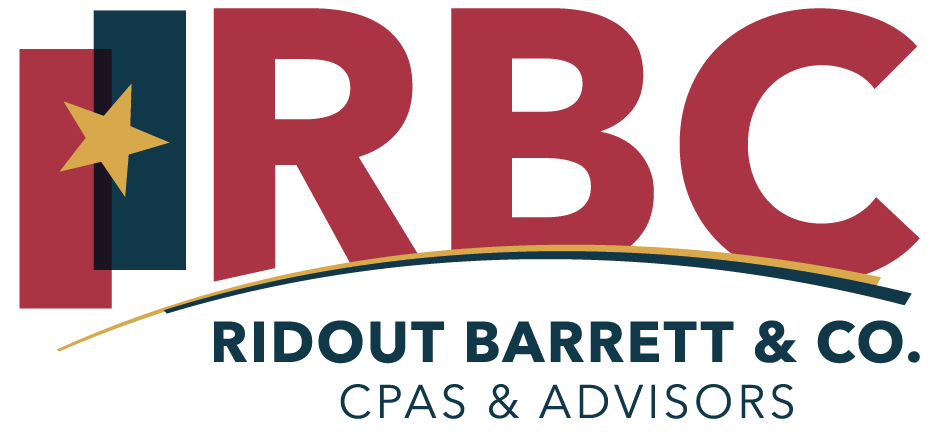Is a Roth IRA Conversion Right for You?
Should I convert my retirement plan to a Roth IRA? It’s an important question, particularly considering the Biden administration’s intent to raise taxes on high-earning individuals. Given the often-sizable nest egg that people have accumulated during their careers, converting to a Roth IRA may be a smart move.
Roth vs. Traditional: What’s the Difference?
Taxes now or taxes later. Simply put, that is the main difference between a Roth and Traditional IRA.
Contributions to a Roth IRA are made post-tax, but withdrawals are made tax-free. While contributions can be withdrawn at any time tax-free, earnings from the IRA cannot be withdrawn without penalty until age 59.
Contributions to a traditional IRA are made pre-tax, but withdrawals are taxed as ordinary income. Individuals must wait until age 59½ to begin withdrawing funds without penalty and are required to start taking minimum distributions at age 72.
A Roth IRA is often beneficial for individuals who expect to be in a higher tax bracket in the future. Those individuals can contribute now at a lower tax rate and then avoid paying taxes at a higher rate in the future. Likewise, a traditional IRA is often beneficial if the individual will be in the same or lower tax bracket in the future.
For estate planning, a Roth IRA may have two significant benefits. First, a traditional IRA forces an individual to take minimum distributions and pay taxes on those distributions, even if they don’t need them. A Roth IRA does not require any distributions. Second, a Roth IRA enables an individual’s heirs to withdraw funds tax-free, whereas the beneficiaries of an inherited traditional IRA will incur taxes on distributions.
Cost of Conversion
When an individual converts a traditional IRA to a Roth IRA, the contributions and earnings in the traditional IRA account will be considered ordinary income and taxed as such.
An individual must also be aware that the income realized from the conversion could push them into a higher tax bracket for the year and thus must make those calculations.
Fortunately, there are no penalties for conversions, and account holders will avoid the typical 10% that the IRS charges for early retirement withdrawals.
Tax Rates and Considerations
Which will be higher: your tax burden now, during conversion, or your tax burden during retirement, when you take distributions? That’s the million-dollar question.
The Tax Cuts and Jobs Act reduced individual income tax rates from 2018 through 2025. Unless Congress enacts new legislation to cut taxes, rates will increase in 2026. Furthermore, the Biden administration would like to pass legislation increasing both spending and taxes. Even though the Build Back Better bill did not pass the Senate, it doesn’t mean that components of the bill won’t be carved out into smaller pieces of legislation and passed.
Regardless of how Congress affects future tax rates, an individual may experience a higher or lower future tax rate purely due to their future income level. An individual who is early in their career or a shareholder in a growing company may have higher earnings in the future and be pushed into a higher tax rate.
Where someone plans to live out their golden years also matters. Federal laws apply across the board, but state laws vary in how they tax retirement income. In some states, required distributions from IRAs are not included in state income tax.
Future tax rates are important for those who plan on taking distributions during retirement. However, individuals who don’t plan on taking distributions and instead want to leave the funds for their heirs would benefit from a Roth IRA. Heirs are not taxed on Roth accounts and will also have several options for withdrawing funds from it.
As you can see, there are many things to consider when it comes to retirement planning and potentially converting your traditional IRA to a Roth IRA. This article only provides a high-level overview and is not a substitute for speaking with one of our expert advisors. Please get in touch with our office if you would like to discuss your specific situation and determine the best path for you and your family. We’re always happy to help.
Let’s Talk!
Call us at (800) 443-4369 or fill out the form below and we’ll contact you to discuss your specific situation.Submit
- Should be Empty:
- Topic Name:

Ridout Barrett & Co PC has been providing professional accounting, tax and business advisory services to the local community for over 35 years. Forming partnerships with businesses of all sizes, our dynamic team is large enough to tackle complex challenges, but small enough to offer a personal approach. We stay true to our core values in what we do and how we do it.
- Quality
- Teamwork
- Integrity
- Fun
- Trust
We thrive on client communication and involvement. Our goal is to proactively address any issues our clients may encounter, so that we can stay on track to meet your business goals. Your business’s success is our greatest accomplishment.
To discuss how Ridout Barrett & Co PC can help you, please contact us.








